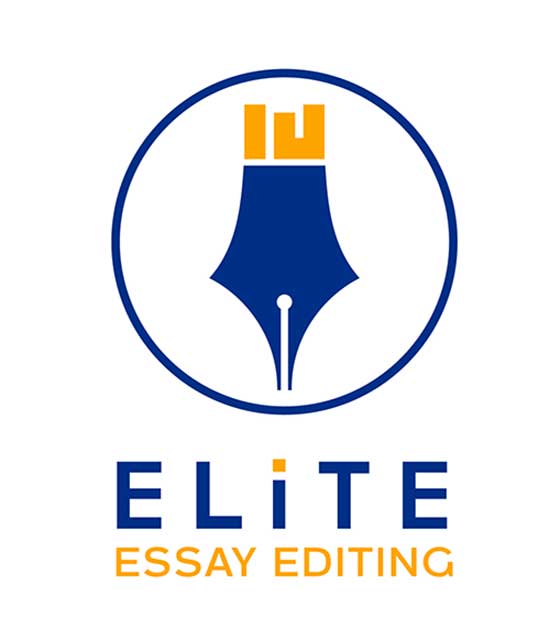Before you can begin to even think about your college essay topic or what style you’re going to write in, you’ve got to answer a simple yet sometimes difficult question to answer–where to apply for college.
The simplest way to accomplish this is to go to the US News and World Report, look at the top 25 schools, and pick whichever 6-8 you like best from a combination of price, location, academic programs, and extracurricular activities. This approach isn’t necessarily wrong, per se–if you’ve got the grades and the financial means to attend one of these schools, you’re going to wind up at a place like an Ivy League school, Duke, Stanford, or a top-tier public school like the University of Virginia.
But the problem with this approach is that it’s just not one that requires a lot of thought and, as a result, leaves you open to overlooking something crucial or experiencing stress as a result. What happens when you see, for example, that Duke has a strong engineering school, only to realize upon enrolling that it doesn’t have the specific subniche you want to study? Or what happens if you don’t consider what living across the country from your parents will do, and you hate going to school at Stanford when you’re from Maine?
Instead, deliberating carefully on where to apply will help you make the right choice both for the next four years of your life and for setting yourself up for the next four decades that follow. In order of importance, here are the two things that matter the most when picking a school:
1. The Students. It might seem strange that I didn’t put “academics” first, but here’s a statement almost every college graduate can agree with–you are almost certainly going to change your major (or at least your intended major) multiple times in your first couple of years. In high school, I excelled at math and planned on double majoring in physics and theatre studies. One failed monologue and math test later, I graduated from Duke having never taken a physics class. I never even considered psychology (my eventual major) until the summer between my freshman and sophomore years.
However, what will determine the quality of your time over the next four years and will have a profound impact on your career and social success over your adult life are the type of people you associate with. As someone who graduated in 2010, I worked for a friend’s admissions consulting business that allowed me to expand this part of my career; I launched a startup with two of my friends from college; I have traveled through Europe for a month with a friend from college; and I have helped push one friend to pursue her passion for acting in New York City.
I can do this, in part, because the type of people I associated with at Duke were driven, far smarter than me, and studious, but also just great people in general. That is not to say that I would not have met such people at Notre Dame or UNC or Cornell, but the typical Duke student, from my observations, really knows how to excel not just academically, but socially, spiritually, and globally.
When you’re considering where to apply, think about what the typical student does. Do they conduct research? Do they start companies? Do they like sports? Do they like to socialize, or do they like to work on weekends? Even seemingly trivial questions like what kind of sports do they like can matter (though, obviously, not as much as their work ethic or emotional intelligence); it’s through basketball that I met one of my co-founders at the startup I launched a few years ago.
You’re going to change your major. You’re going to move a lot as an adult. But the friendships and relationships you build will last a lifetime–so make sure you put yourself in an environment where you can find those kind of people.
2. The Postgraduate Opportunities. An economics degree is a wonderful thing, especially if you have ambitions on going to Wall Street after college. But as someone who has many friends who went to one of the Big 4 investment firms upon graduation (and has friends who have relatives in high-ranking places in those firms), it’s also worth noting that many of those firms will hire graduates with nontraditional backgrounds.
Why? Because they know that these students from Harvard, Columbia, and so on know how to think and they know how to work for long hours at peak levels. They want to see a certain baseline level of competence, of course, but to suggest that the only way in is with a business and economics track ignores that oftentimes, it depends on where you went to school as much as what you majored in to get where you want to go.
This is not just true for investment banking, but software development, consulting, politics, and much, much more. If you have a school that acts essentially as a feeder into a major industry and can land you at a major company or a major graduate/medical/law school program, that should be a major factor in your decision.
***
While there’s certainly something to be said for learning for the sake of learning–actually, there’s a lot of valid things to be said for that–it’s important to keep something in mind.
The top tier schools do not have a monopoly on what information you can learn.
It’s not like if you study economics at the University of Chicago that you’ll learn some mystical microeconomics theory you wouldn’t get at a state school. You won’t learn the mysteries of quantum physics at MIT.
But what you will have access to are incredible students (and, in turn, incredible professors), access to amazing postgraduate opportunities, and a chance to study in an atmosphere that truly promotes whatever it is you’re going for.
Absolutely, keep in mind price, the academics, and the athletics (or, if you’re not into that, the extracurriculars) of a school. But remember–aside from price, all of this boils down to what kind of students you’ll associate with and what kind of opportunities you’ll have after school. Price, unfortunately, is a factor that can’t be bargained with when it comes to you and your family.
But outside of that, remember: when you decide where to apply, it’s the students, not the ranking, and the opportunities, not the degree, that truly matter.

